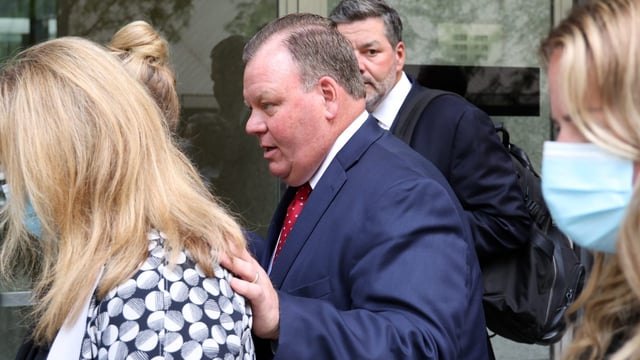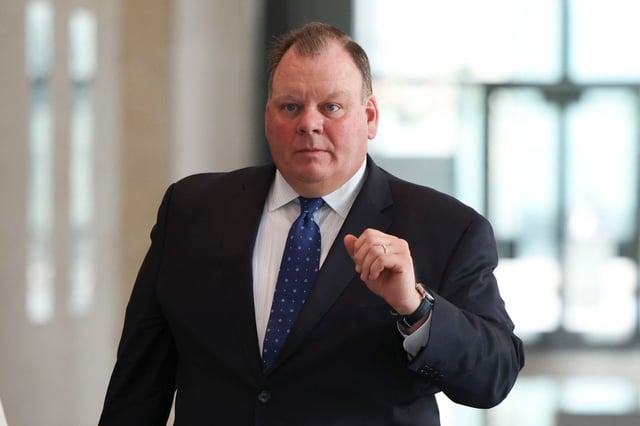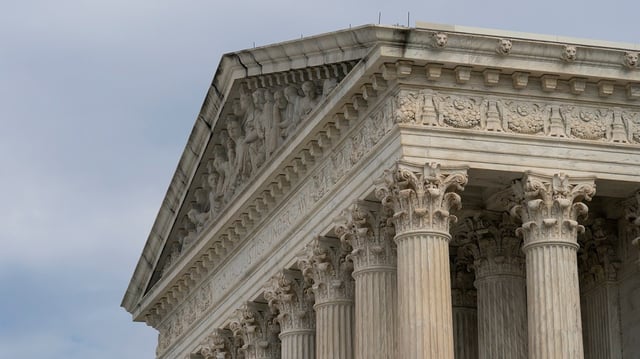Overview
- The Supreme Court ruled that the federal anti-corruption law applies only to false statements, not misleading ones, in a unanimous decision authored by Chief Justice John Roberts.
- Patrick Daley Thompson, a former Chicago alderman and member of the Daley political dynasty, was convicted in 2022 for making false statements to bank regulators and served a four-month prison sentence.
- The case has been remanded to the Seventh Circuit Court of Appeals to determine whether Thompson's statements were false under the clarified legal standard.
- Thompson's conviction stemmed from statements about loans totaling $219,000 from the now-defunct Washington Federal Bank for Savings, which he initially described as $110,000.
- The ruling aligns with a broader Supreme Court trend of limiting expansive interpretations of federal criminal laws, particularly in cases involving public officials.


